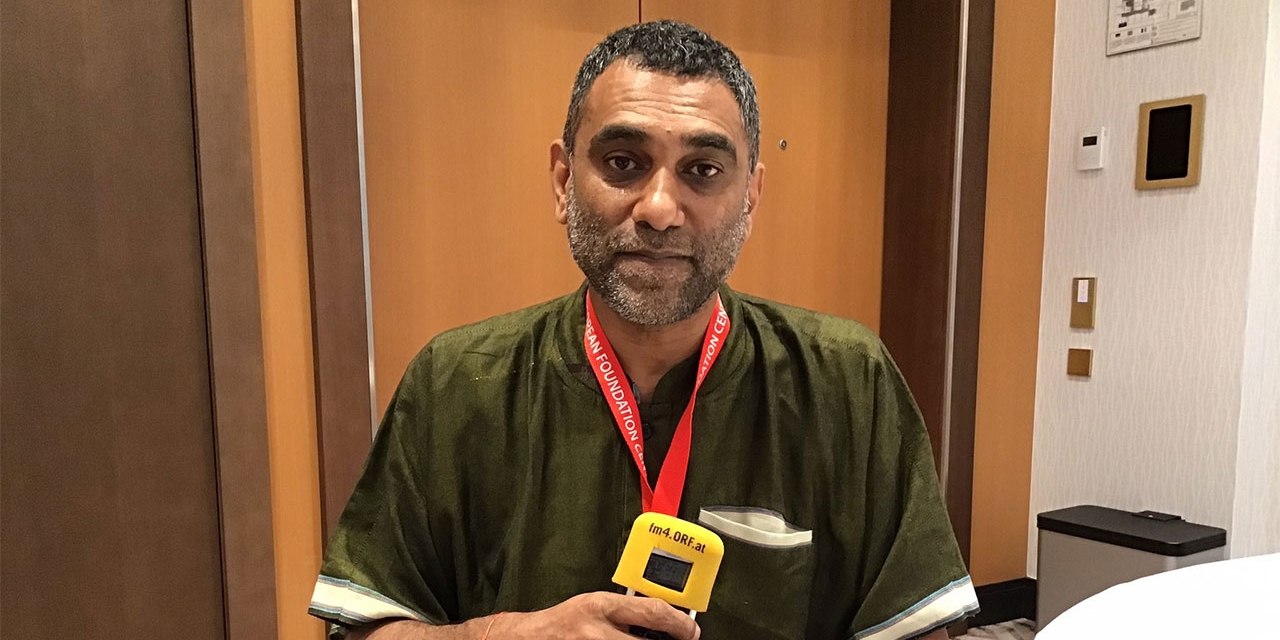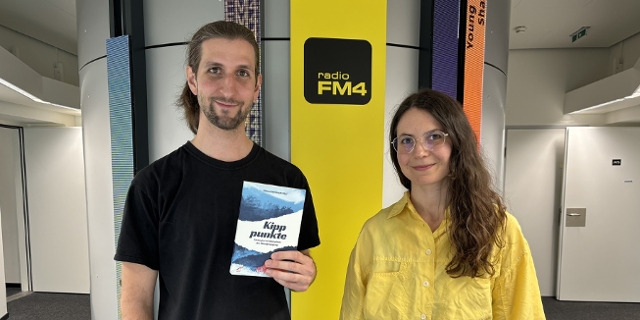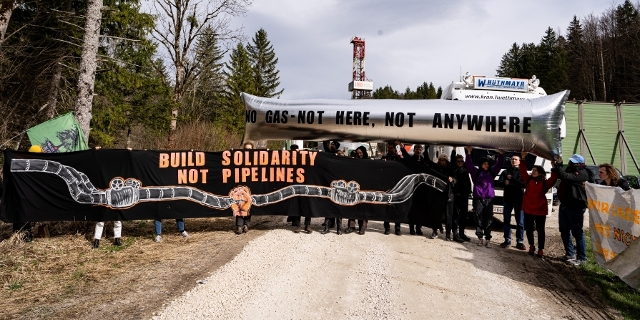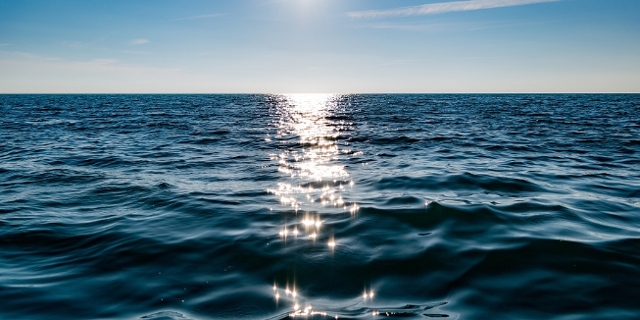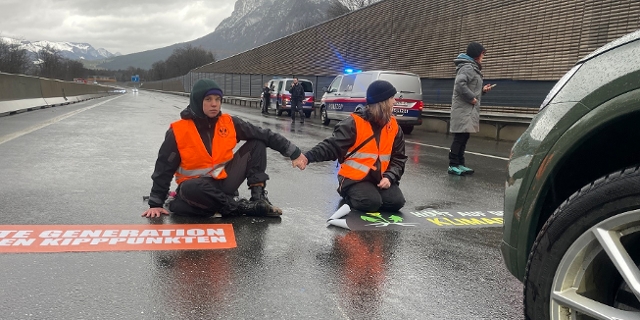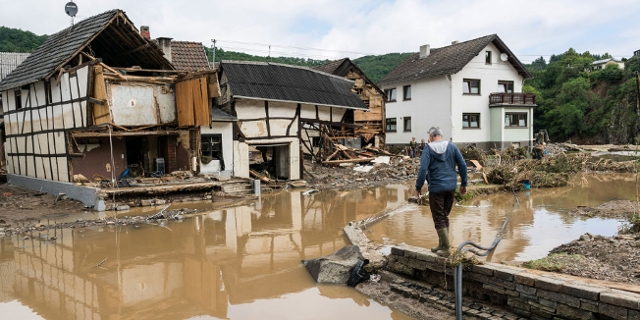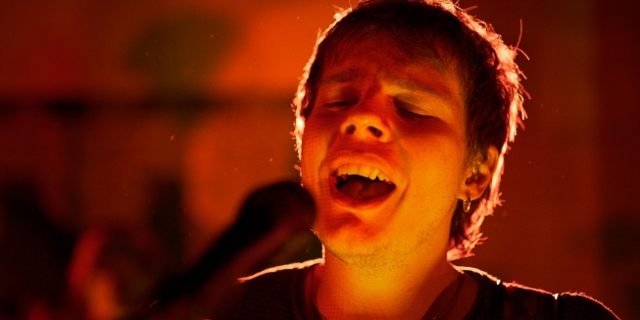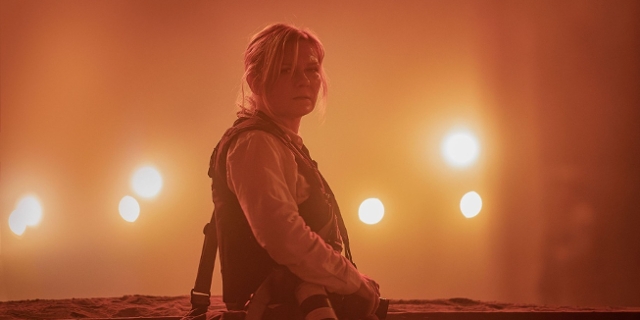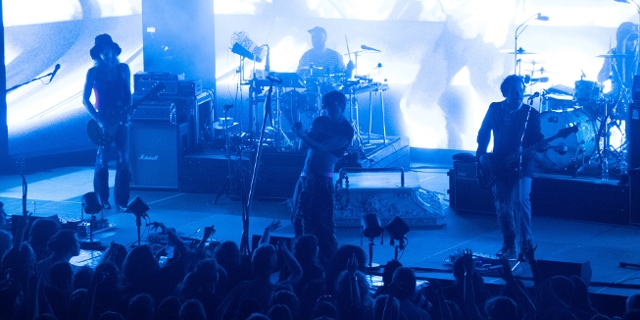„We are basically saying to young people, your lives don’t matter.“
Kumi Naidoo has spent his life fighting for human rights and against climate change, two causes that are inextricably linked through the concept of climate justice.
In 1987 had to flee his native South Africa as a 22-year-old because he was wanted by police for his role in fighting the racist Apartheid regime. Oxford University in the UK gave him a refuge and since then he has gone on to head both Greenpeace International and Amnesty International. Now he is the Global Ambassador of Africans Rising for Justice.
I sat down with Kumi for an hour and we discussed what needs to happen at COP26 for it to be seen as a success from an African perspective. That would be much more ambitious carbon-cutting targets from the global north, a more generous Green Climate Fund to support the disproportionately affected countries of the global south and a message that conveys more urgency and honesty.
But I felt our chat became really intriguing when we got onto the subject of Europe’s climate-engaged youth, Greta Thunberg and the thousands of other young people, including the young Austrians camped out in the cold trying to prevent the Lobau Tunnel. Kumi said they were potential game changers in the global fight for climate justice:
Kumi Naidoo: I find that the perspective of European young people is spot on, actually. And let’s be clear, where we are now as a global human family.
Everybody has to pitch up. Everybody has to contribute. That’s the only way.
Basically, we have to change our economic system, our energy system, our food system, our transport system and decarbonise it right. And to change everything you need everybody, right?
But what I would say to young people, because there is still a communication gap and we need to make sure that we don’t talk too much of policy language, you know, such as talking about 1,5° and 350 parts per million and so on. We need to connect climate to people’s daily lived experience and connect it to simple things like access to water, access to food.
Young Voices Of The Global South
Chris Cummins: I don’t think this is Greta Thunberg’s fault at all, it’s the fault of the European media because we always go to report on everything she says. But there are, of course, many teenage climate activists in Uganda, in South Africa and places like that. We don’t hear enough from them in the Western media, and yet we’re talking about a global struggle where it is the global south suffering most now. Do you think that would be important to just hear the voices of young people right now living in Cape Town, living in Kampala?
Kumi Naidoo: Absolutely, absolutely. I mean, listen, if you look at who controls the media globally, it’s not a great picture, right? And even people in Africa are big consumers of news coming from the global north, as you know, like CNN, BBC and so on because they have infrastructure and global reach and so on. And that’s why people even working within the BBC will tell you that. And so part of what we need to do is to lift up the voices, and I think there are really beautiful stories to be told about this. I just did a podcast for „Power People and Planet“ and interviewed Vanessa Nakate. And she’s amazing.
Chris Cummins: Vanessa Nakate - a young activist from Uganda.
Kumi Naidoo: Yeah. And then I interviewed Disha Ravi for the same podcast, who is a leader of the Fridays for Future in India. And she actually has an amazing story to tell because she mobilized young people to support the farmers strike when the farmers were, you know, on the doorstep of the Indian government’s capital. And she ended up in prison for bringing the young people together with the farmers.
So there are amazing stories to be told, and I would appeal to those that have influence in the media in all countries, actually. Because it’s not as if Disha Ravi or Vanessa Nakata are getting huge coverage by the African media or the Indian media, either, right? That’s because the media is also largely acting in the interests of either the state-friendly state broadcasting or they are very heavily influenced by corporate interests, which also don’t support that kind of messaging.
So overall, I would appeal to all media in the interests of everybody’s children’s future. We need to give more voice and more access to those that are on the ground doing incredible things. We need to fundamentally understand that the struggle to avert catastrophic climate change is nothing more and nothing less than protecting our children and their children’s future.
Does Grandpa Care?
Chris Cummins: I saw something interesting in opinion polls ahead of the German election, where it showed that climate change was an absolutely massive issue for the young generation, but almost a non-issue for Germans over the age of 60, and I wondered what this says about intergenerational solidarity?
Kumi Naidoo: It’s a terrible statement about intergenerational solidarity because it almost seems that some older people think, “Hey, I’m going to check out in about the next 20, 30 years. And I’m not going to see the worse of climate impacts, so, like, young people will deal with it. I’m sure they’ll find some technology.” And we’re never going to find that magic. Yes, we can use technologies creatively. But the bottom line is, if we do not get off carbon, if we do not make massive changes quickly, we are basically saying to young people, your lives don’t matter.
And so today I’m constantly appealing to grandparents and parents that irrespective of whether you’re a Minister in cabinet, or whether you’re a CEO of a bank or whether you’re running some big other corporate entity, you’ve got to get involved because if you care about your children, if you care about your grandchildren, you cannot not get involved. Don’t waste your money and your time making what the insurance policies and financial investments want alone. If you’re not actually acting for the biggest insurance to insure the future, which is to make sure they live in a world that’s liveable, then you are not expressing the kind of love and care and consideration in the intergenerational sense that is needed.
And there’s no question climate change has presented us with the biggest intergenerational challenge that humanity has ever witnessed.
Civil Disobedience?
Chris Cummins: This brings me back in a way to your experience as a young person. At the end of the apartheid era, the political system wasn’t helping you. There’s no way that you could vote your way out of that unfair racist system. So the anti-apartheid campaigners had to turn to mostly peaceful civil disobedience. When is that appropriate in the fight to avert climate catastrophe?
Kumi Naidoo: I am a passionate believer that. History teaches us certain things, and one of the things that history teaches us is that whenever humanity was confronted by a big challenge or a deep injustice, whether it was slavery, colonialism, women’s right to vote, civil rights in the United States, apartheid in South Africa and many other challenges, those struggles only moved forward when decent women and men stood up and said enough is enough and no more.
We were prepared to go to prison if necessary. We were prepared to put our lives on the line if necessary. There is no other struggle that we have witnessed as a human family that is as urgent and is as broadly impactful than the struggle to avert catastrophic climate change because it affects all of us. It’s true that people in poor countries are paying the first and most brutal price now, but ultimately nobody is safe until all of us are safe.
And so when you have politicians and business leaders who say the right things repeatedly but do not act on what they see, then I believe it’s absolutely legitimate and absolutely necessary for young and older people to engage in peaceful civil disobedience.
The one thing that I would say is, you know, to young people, especially, I fully understand your anger. I fully understand your disappointment. But please understand that the use of violence right in our struggle is self-defeating. It’s a tactical error, strategic error, it’s an ethical error and so on. When we cannot contain the legitimate frustration and disappointment that we feel and engage in small acts of violence, often not massive, those small acts get amplified by state friendly media, by the politicians, by those that are opposed to what they are saying and to. And they get dismissed as being sort of rabble rousers and unruly and so on.
„Artivism“
Chris Cummins: In order to tackle maybe the biggest challenge humanity has ever faced, the climate crisis, we need to get a lot of people on board. And psychologists say people get on board when they’re inspired. And yet if you speak the truth, it’s hard not to depress people on this issue because the facts say, you know, a lot of things are irreversible. Things are moving far too slowly and also change will be painful. So about how do you message that?
Kumi Naidoo: This is like the most critical challenge that we have. How do we speak about something that is so massive? So depressing. And where we are would be running out of time. But how do you do it? It’s motivation always. So I was speaking to an audience of the United States a couple of years ago and was talking about, you know, our forests collapsing, oceans getting destroyed, inequality rising. A delegate put up her hand, and asked if I knew what Martin Luther King’s most famous speech was called? And I said very softly, because I was confused. Yes, it was “I have a dream.” She shouted back. “Yes, it’s ‘I have a dream’. But the way you are speaking you have a bloody nightmare!”
But seriously, I consider this the biggest leadership challenge of all. How do we speak truth to power? How do we not sanitize the fact that we are in a deep crisis? We are running out of time and some things are lost that we are not going to be able to recover. But how do we do that in a way that does not give people a sense of pessimism that to suppose that immobilizes us. And I believe it’s possible to be done at one of the things that I think we need to do is to break the world of arts and culture at the world of activism, much closer together what today people call “artivism”. All of which, by the way, we did it critically in South Africa because most of our people were deprived of education. So I think that to address this problem we need to see the coming together of arts and culture and activists to be able to communicate in a way that has optimism built into a context of realism. You can’t gloss over the facts. You can’t say it is not a massive problem.
I tell young climate activists to be engaged in the struggle with love, with compassion, and to sing, dance and waltz your their through the struggle. If we are going to have a chance at survival, we are going to have to achieve a positive spirit, a greater sense of energy.
Some people say we are doomed; the science is saying we are close to disaster but I say to them “Well, listen, even if you’re going to go down, let’s not go down without a fight and let’s go down singing and dancing and with smiles on our faces because of what’s the point of crying through it all?
Publiziert am 21.10.2021







